info@vivavel.com
+919818262686
+919818262686
 info@vivavel.com
info@vivavel.com +919818262686
+919818262686Artificial Disc Replacement (ADR) is an advanced surgical procedure designed to replace a damaged or degenerated spinal disc with a synthetic counterpart. This innovative treatment is specifically aimed at individuals who experience chronic pain resulting from disc degeneration, offering them relief from discomfort. Unlike traditional fusion surgeries, ADR not only alleviates pain but also aims to preserve or even enhance the natural motion of the spine, allowing for a more functional recovery. By restoring the disc's height and mobility, patients can often return to regular activities with improved spinal flexibility and reduced pain levels.
Purpose of Artificial Disc Replacement (ADR):
 Patients considering ADR often experience a range of noticeable symptoms. These may include:
Patients considering ADR often experience a range of noticeable symptoms. These may include:

 The deterioration of spinal discs can stem from various factors, including:
The deterioration of spinal discs can stem from various factors, including:
 It's essential to seek medical advice if you encounter any of the following concerning symptoms:
It's essential to seek medical advice if you encounter any of the following concerning symptoms:
 Before an ADR procedure, the following diagnostic tests your doctor may recommend:
Before an ADR procedure, the following diagnostic tests your doctor may recommend:
Essential Tips for a Successful Recovery:
 Do's:
Do's:
 Don'ts:
Don'ts:
NOTE:
Our medical content authors have diligently gathered and synthesized information on this topic to offer valuable insights to our readers. Drawing from a range of reputable medical journals and health resources, this content aims to enhance understanding of the subject. It's important to remember that while this information is informative, it should not replace personalized consultation or treatment from a qualified physician. For further details, please refer to our Editorial Policy.
For this topic, our authors used some of the following resources:
OrthoInfo | Artificial Disk Replacement in the Lumbar Spine
NLM | Artificial disc replacement in spine surgery
UCSF Health | Disc Replacement

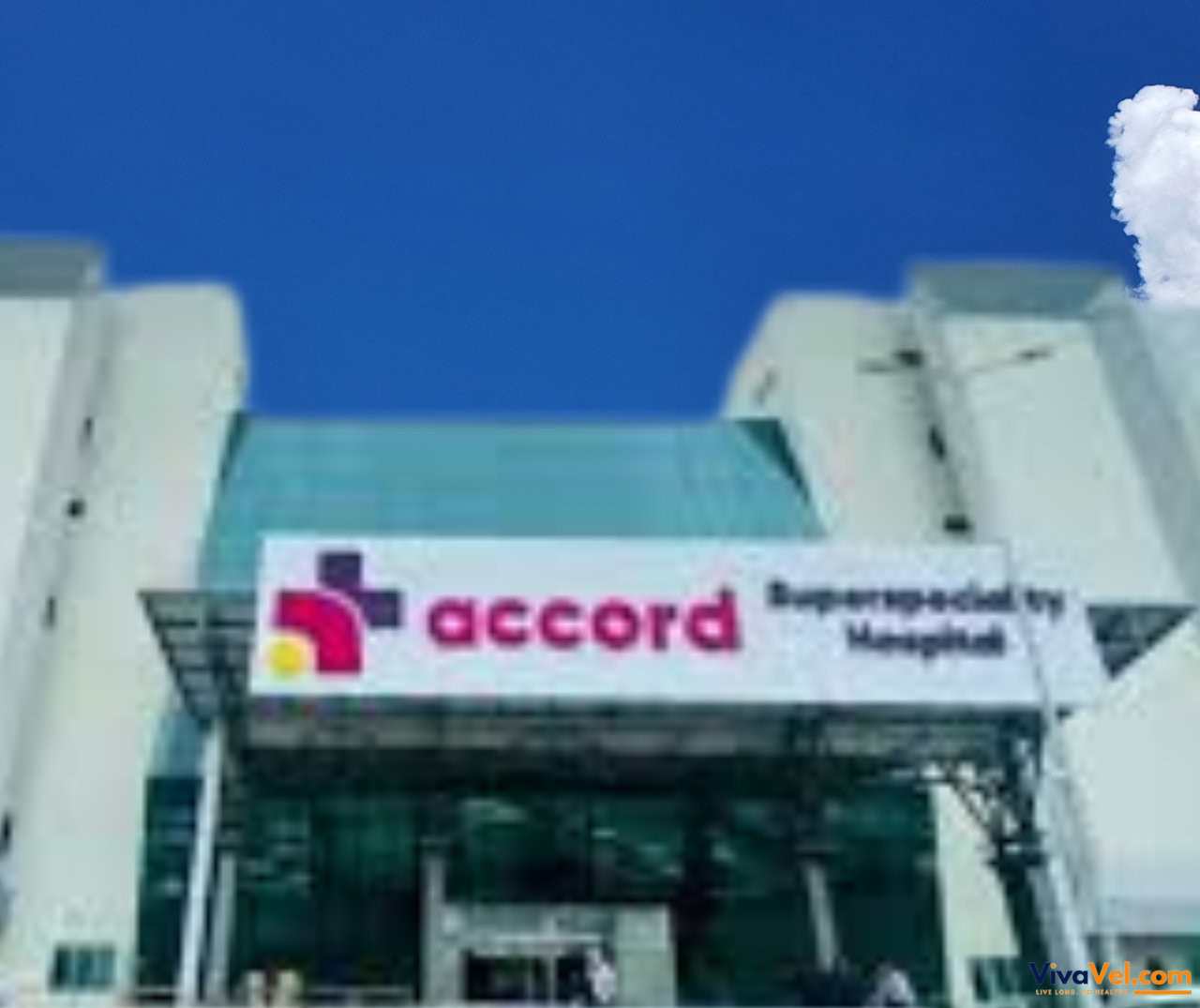


![]() Budena Village, Sector 86, Faridabad, Haryana 121002, India
Budena Village, Sector 86, Faridabad, Haryana 121002, India
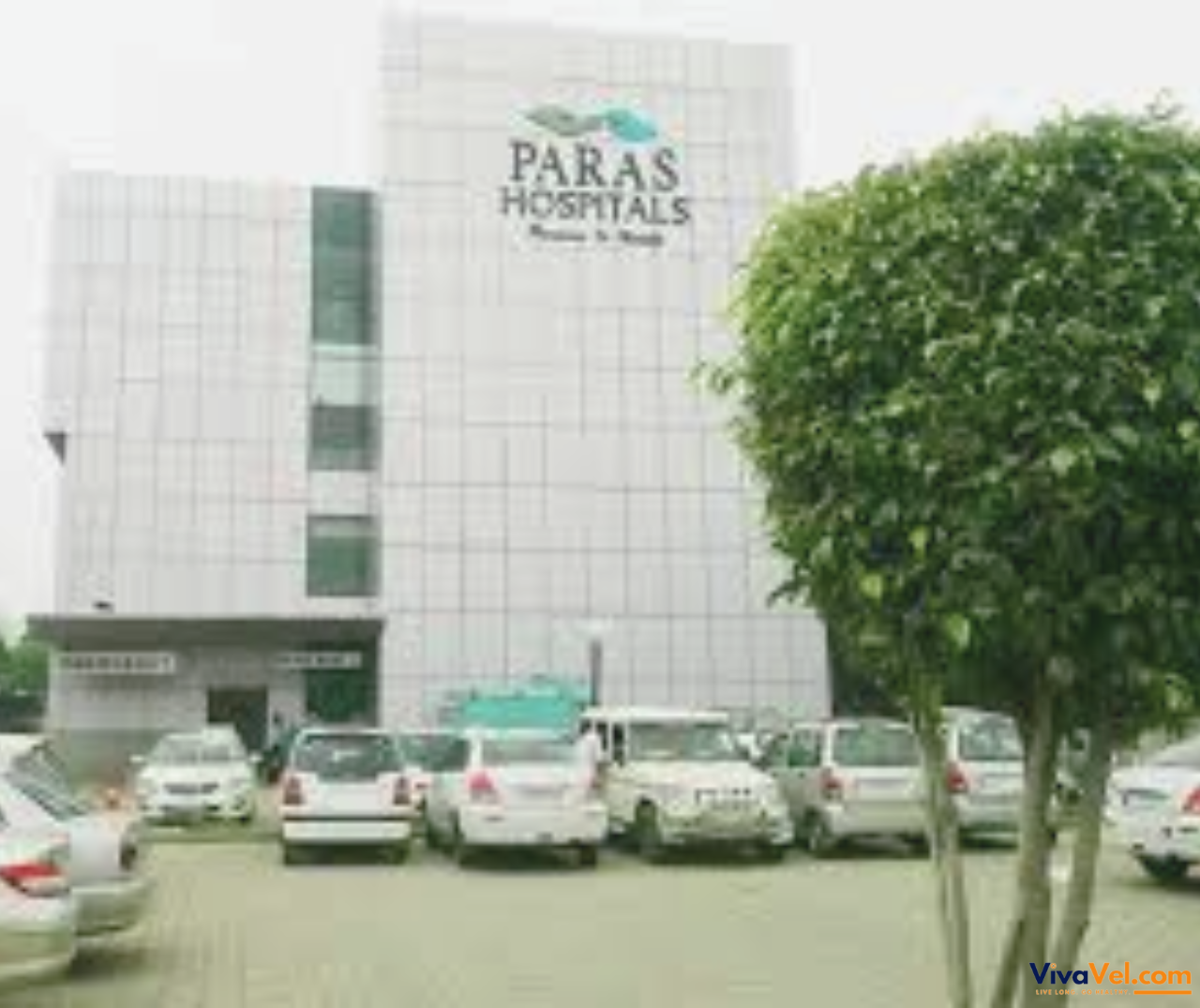


![]() C-1, Sushant Lok- 1, Sector-43, Phase- I, Gurugram, Haryana, 122002
C-1, Sushant Lok- 1, Sector-43, Phase- I, Gurugram, Haryana, 122002




![]() Lot 2, Jalan Baung 17/22, Seksyen 17, 40200 Shah Alam, Selangor Kuala Lumpur, 40200 (Malaysia)
Lot 2, Jalan Baung 17/22, Seksyen 17, 40200 Shah Alam, Selangor Kuala Lumpur, 40200 (Malaysia)

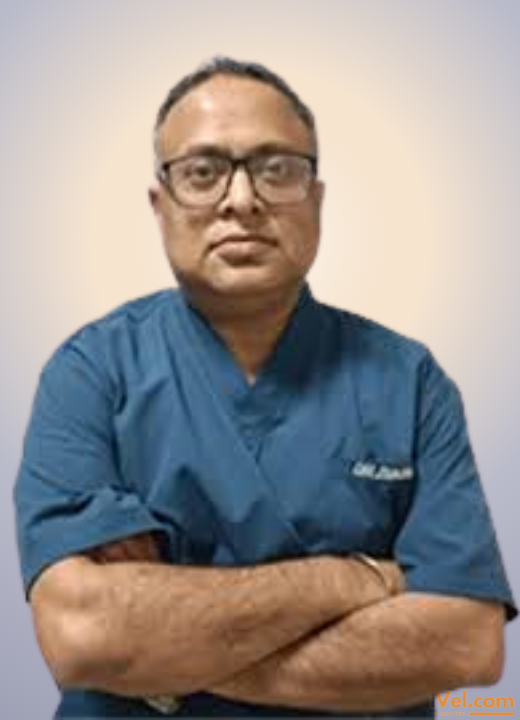
Dr. Sunandan Basu is a renowned neurosurgeon with over 22 years of experience treating various progressive neurological diseases. He completed his MBBS and later earn...
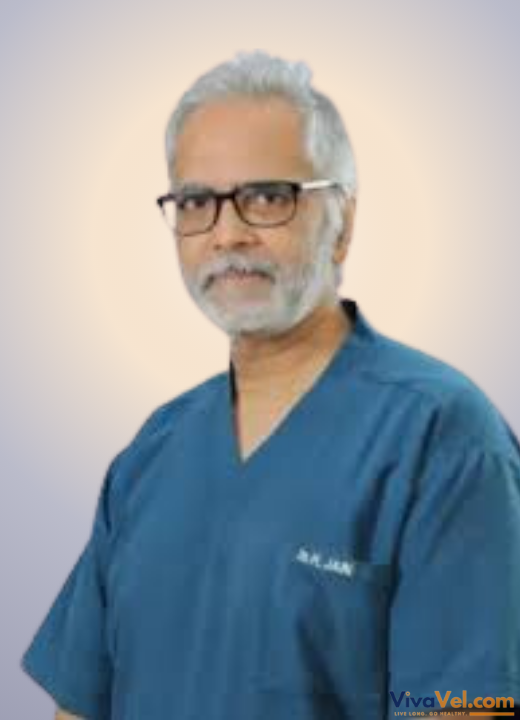
Dr. Harsh Jain is a highly regarded neurosurgeon with over 26 years of experience. He graduated with his bachelor's and master's degrees in medicine from Nil ...
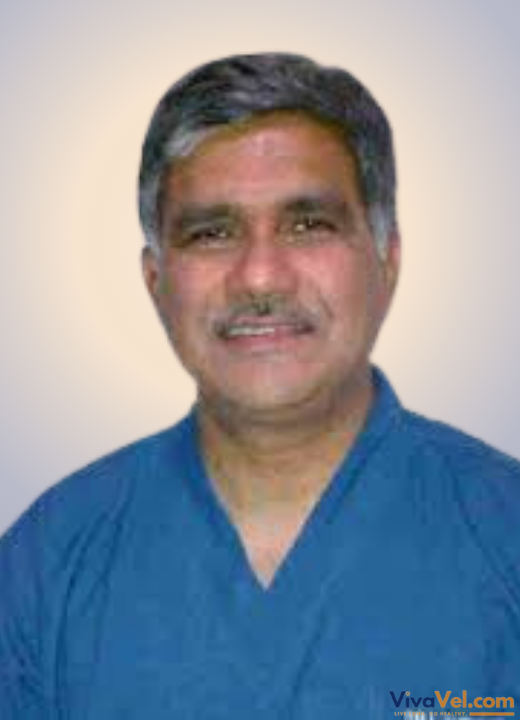
Dr. LN Tripathy is a highly esteemed neurosurgeon with an impressive 31-year career. Since April 2010, he has been the Director of the Medica Institute of Neurologica...
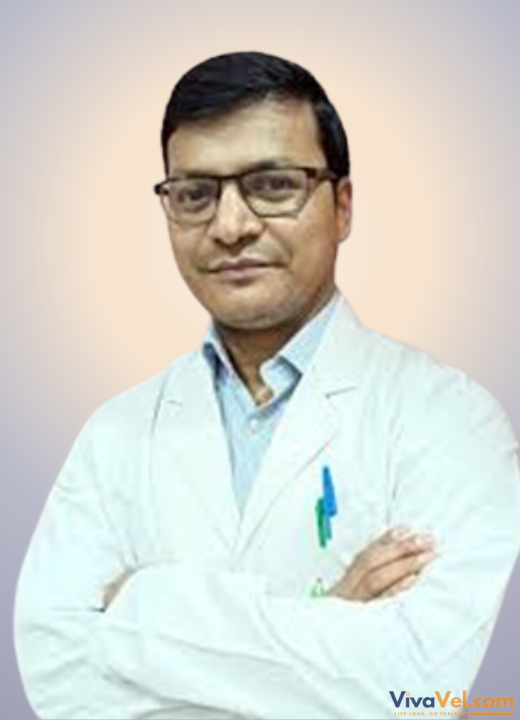
Dr. Ravindra Singh boasts over 23 years of professional experience, with 15 of those years dedicated to Spine & Orthopedics. He is a skilled Orthopaedic Spine Spe...
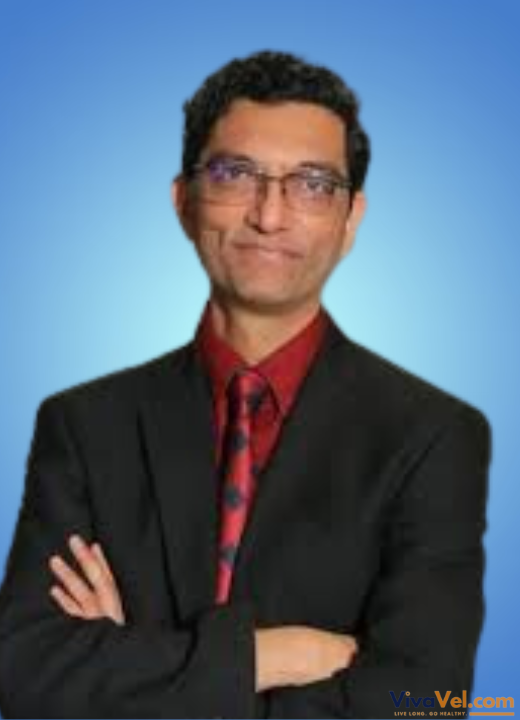
Dr. Bharat Dave is a pioneering spine surgeon renowned for his dedication to advancing spine care in Gujarat and across India. Born in Kapadwanj, he pursued medical e...

Dr. Hitesh Garg is an Orthopedic Spine Surgeon with 23 years of experience. He has performed over 5,000 spine surgeries, including more than 2,500 spinal fusions, 1,0...
Treatment Plan & Cost within 2 days
